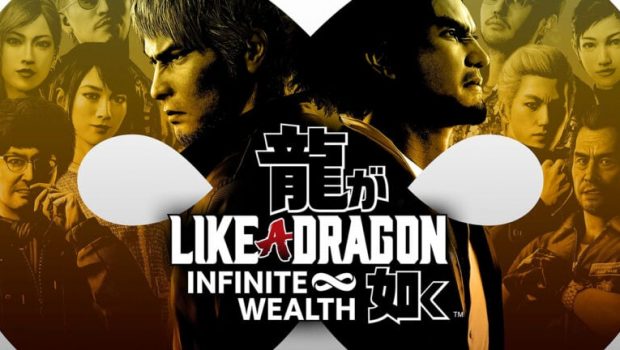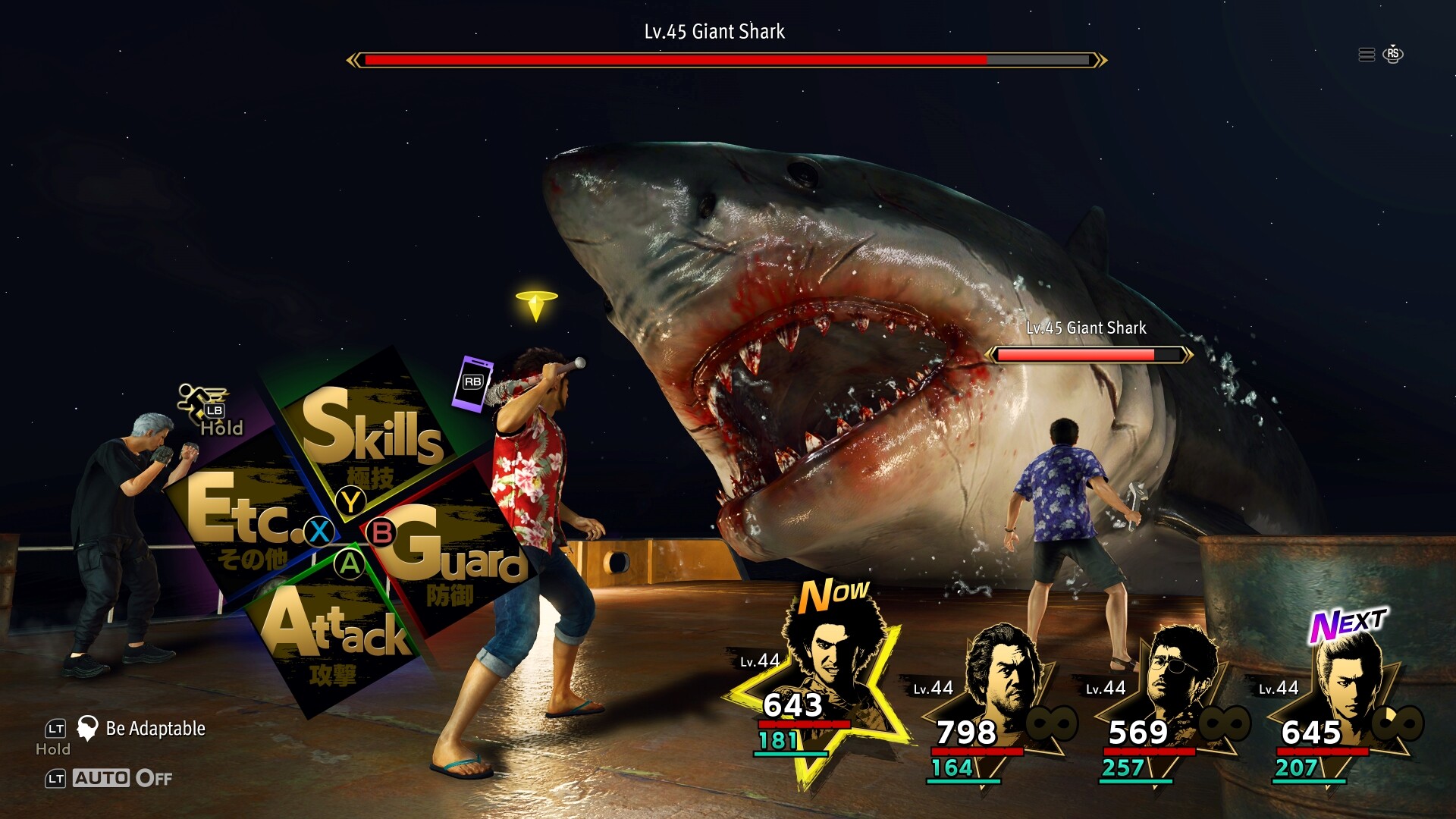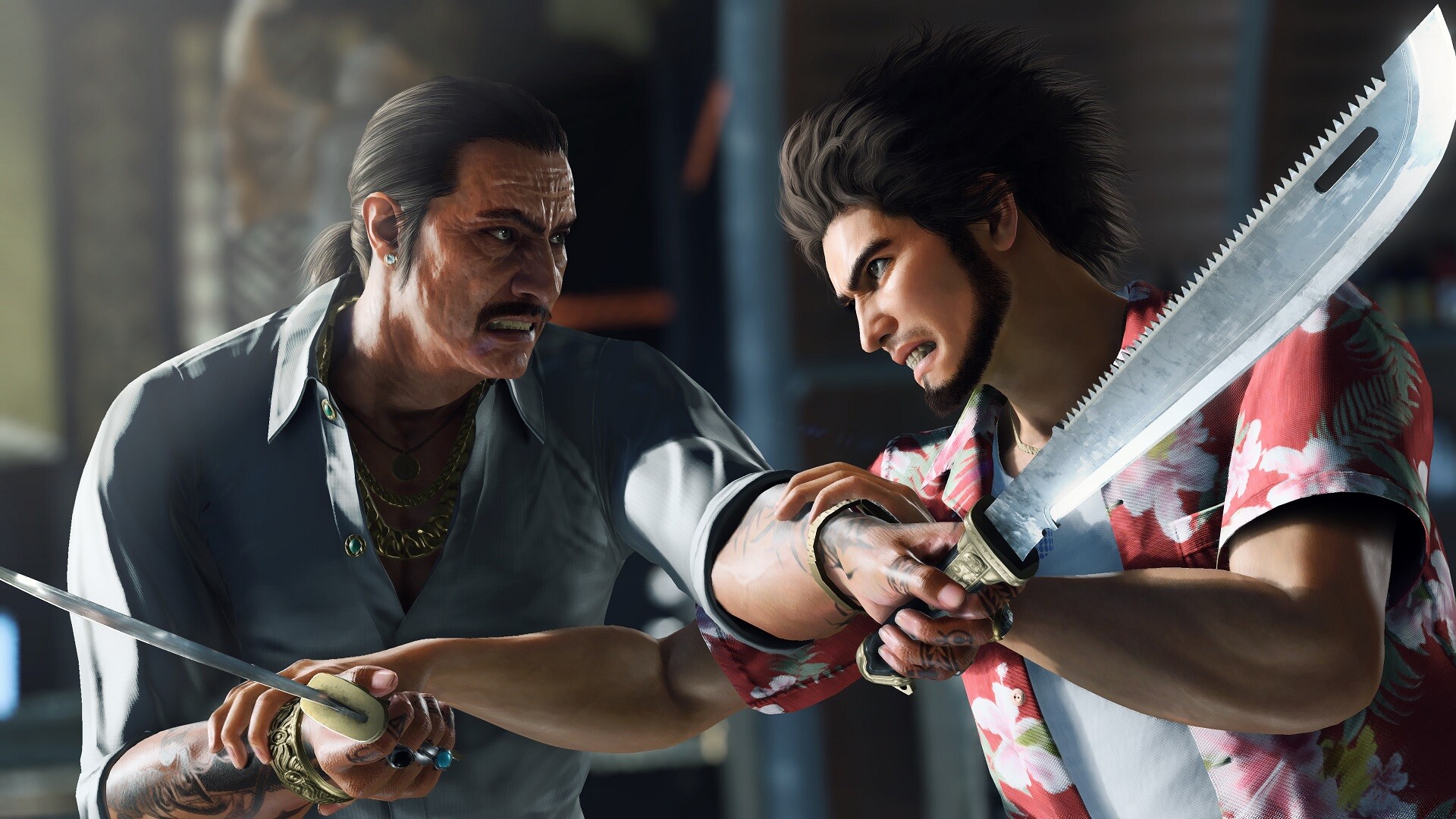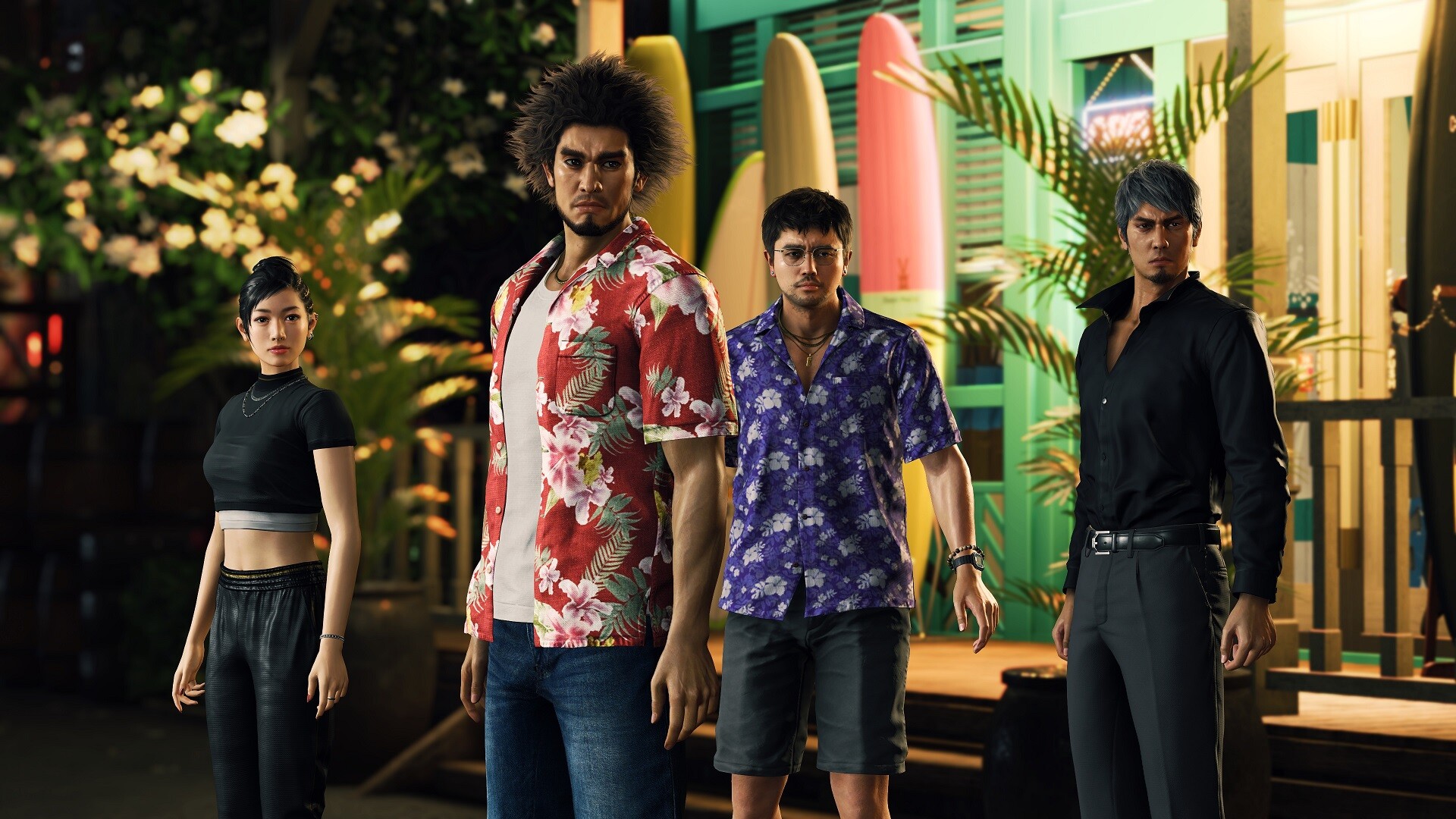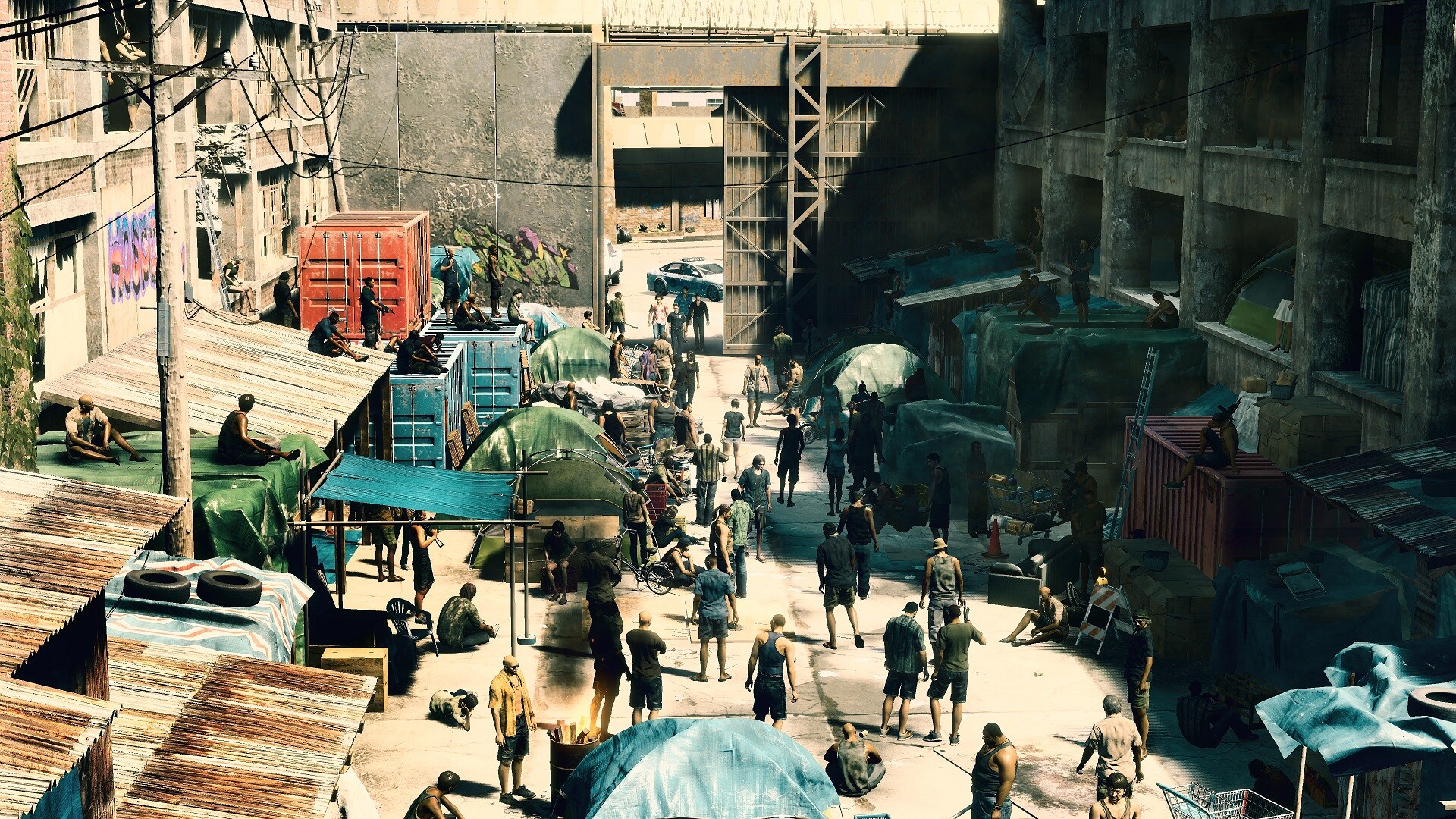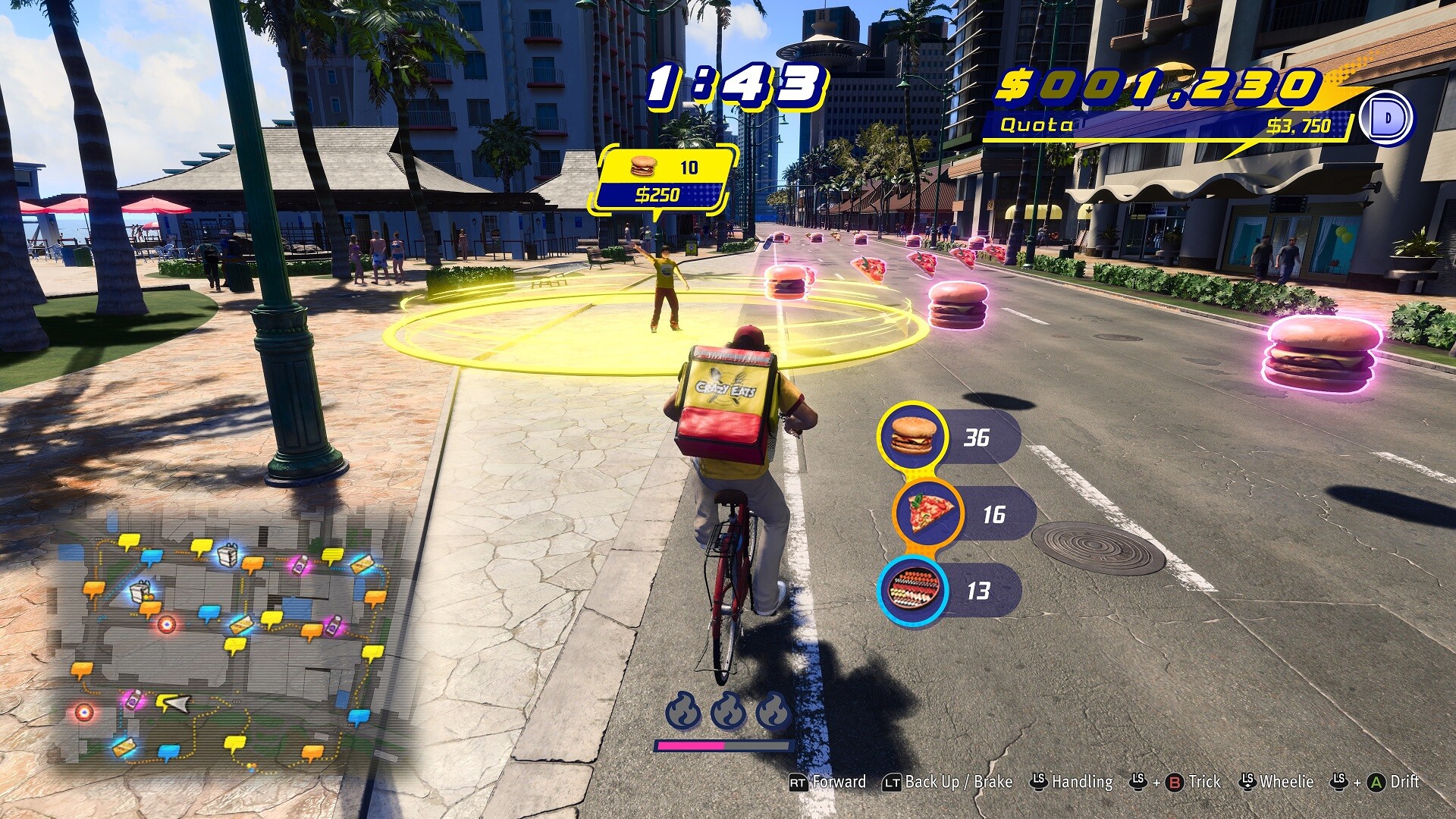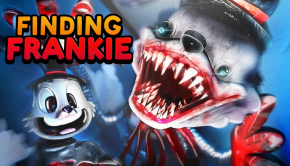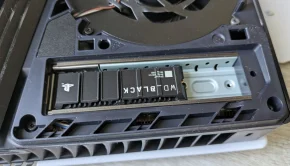Like a Dragon Infinite Wealth Review
Summary: Baffling business decisions aside, Infinite Wealth is another stellar entry in the Like a Dragon series.
4.1
Doin' The Best I Can
When Ryu Ga Gotoku said that Like a Dragon: Infinite Wealth was going to be the biggest game in the series, they weren’t lying.
However, what they forgot to mention was that Ichiban’s impromptu trip to the island paradise of Hawaii is actually more like several games, all jammed into one absolutely gargantuan package that spans multiple genres and has so much to do that the main questline often feels more like the cherry on top of a delicious tropical sundae than your main reason for playing it.
Set four years after the events of Yakuza 7 (straight after Like a Dragon Gaiden), Ichiban is sent to Hawaii by his former boss after it’s revealed that his mother, Akane, is still alive, living in Hanalulu and wants to meet him. After being mugged by a shady cabby called Tomizawa (who ends up becoming one of the best members of your p[arty), Ichiban bumps into Kiryu, who is in Honolulu on a mission for the Daidoji to… track down Ichiban’s mum. However, being A Like a Dragon (nee Yakuza) game, the pair are soon embroiled in a much larger conspiracy with earth-shattering consequences for all involved.
While on the trail of the mysterious Akarne San, Ichiban and Kiryu team up with hard-up cabbie Tomizawa and a runaway heiress called Chitose, who is also looking for Akane. Together, they set out on another adventure to crack the skull of every criminal, lowlife, and weirdo on the island paradise in their search for the truth.
Since Itchiban’s back in the lead, it means we once again get to see battles from his fantastical perspective, which means the welcome return of turned-based brawling complete with back massager beatings and trained attack pigeons. However, the static back and forth of Yakuza 7 has been replaced with something far more tactical, considered, and rewarding as Itchiban and co can now freely move within a small area to find the best position to attack, pick up nearby objects to dole out extra damage, or knock enemies into their buddies like skittles, punt them into other members of your party to spark combos, extra attacks and really stick the boot in.
It’s a brilliant mix of old and new, and thanks to the inclusion of Kiryu; there are even some opportunities to crush punks’ heads into the nearest bar, curb, or brick wall thanks to his ability to still use heat attacks in another nice twist, he also doesn’t use weapons because. He has his fists. What more does he need?
This is all augmented by your party bonding as you battle together and become better friends via conversations found throughout the map; these little asides are not only really well written and do a great job of fleshing out your companion’s motivations and back story but also help to unlock powerful tag and combo attacks and increase the likelihood of follow-up attacks being triggered.
Hawaii also has its own branch of Poundmates, the goofy summoning system that sees everyone from a weeb TV director with a thing for Kurosawa movies to Ichiban’s pet crayfish kick ass on your behalf for a price.
The eateries of the island state also help to boost your battle readiness by not only replenishing your health but also offering stackable bonuses by creating combo meals, as well as buffing your bond level even further.
If you want to test your battle skills Like a Dragon’s roguelike dungeons, make a return. This time, Ichiban and company head into the labyrinth, a mazelike abandoned development packed full of tough enemies, unique treasure, and lost passersby to rescue from the criminal gangs that control the place.
It’s a great way to do some grinding to make your life easier as you wander the streets since each area is crawling with thugs spoiling for a fight, and you are generally coerced down certain streets by the level of the enemies you’ll encounter. Thankfully, the game gives you a simple system to try and avoid fights, which will see you passed out in the gutter with your wallet missing. Pink packs are best avoided; red gangs can usually be dispatched with not too much hassle, and you can literally lay the smackdown on blue mobs as the battle begins with the press of a button.
Outside of the main campaign, there’s also a shedload of substories to dive into, and they’re all as wacky as ever and include Ichiban helping to fulfill a dying woman’s final wish of seeing snow in Hawaii with the help of a gang of adult babies, battle a robot street sweeper that’s gone haywire and has started sucking up trashy humans, and do some stunk work for a director that treats his actors about as well as John Landis.
Hawaii is also absolutely infested with Sujimon. So much so that not only will you be fighting the weirdos across the island to fill in your new Suji Dossier, but now Ichiban is on a mission to catch ’em all, beat the discrete four, and become a Sujimon master.
Basically, if you have ever thought to yourself that Pokémon would be great if you crossed it with bum fights, you’re in luck. Crude jokes aside, though, it’s a really fun aside with a surprising amount of depth and a fun battle system that sees you taking part in three-on-three fights with your team of corralled conscripts that uses a similar rock paper, scissors system to GameFreak’s iconic series but with only five types of Sujimon instead the 18 and counting types of pocket monsters.
If you don’t want to catch em’ all, instead you can get on a trolly and take some snaps of the perverts in their natural environment instead. That’s right, it’s Pokémon Snap with flashers (well-masked exhibitionists in leotards, but you get the idea), just the kind of family-friendly entertainment the series was missing until now. It’s a simple set setup; snap some decent photos of the degenerates to hand to the cops and then redeem points gained during each shoot for a bevy of prizes from new CDs for the pub jukebox to new weapons and consumables.
If that wasn’t enough legally distinct, game-sized Nintendo homages, you can spend some time trying to do up a run-down holiday resort called Dondoku Island. A strange place best described as the island from Animal Crossing: New Horizons if it was inhabited by the creatures from Don’t Hug Me I’m Scared.
The setup is one you’re no doubt familiar with if you’ve ever played any kind of cozy game; it’s up to you to clear trash, build new attractions, and fill the place with satisfied guests to return the island to its former glory and create a popular five-star resort.
To do this, you need to craft objects from materials you collect on the island by smashing the local flora and fauna with your bat and then going to the workbench and crafting them into items to decorate the island. The more stuff you make and the more facilities you have, the more satisfied your guests are and the more popular your resort will become. As well as working on sprucing up the island, you can also decorate your own island home either by making furniture or buying it from the general store. If you’re in the mood, you can also do a spot of fishing or collect bugs for fun and profit. It’s Animal Crossing. Did I mention this is a legally distinct Animal Crossing that has you square off against fly-tipping pirates with a baseball bat?
If that wasn’t enough, you also have a farm to manage by using your Sujimon to help plant and tend crops, recycle trash, make souvenirs, or train in the Islands gym to help further boost your coffers and chances of making Dondoko Island the best pacific island resort covered with buildings from Tokyo’s red light district it can be.
Oh, and you can also invite other players to come and check out your island for more rewards. I’m pretty sure Nintendo’s cease and desist is in the post as we speak.
Back on the mainland, though, there are plenty more side activities to try, including the usual karaoke (now in English) and darts, as well as a dating sim that is equal parts hilarious (when it turns out you’ve been flirting with a chicken), or cringe-inducing thanks to those god awful FMV ‘rewards’ of a model in their pants telling Kasuga how amazing he is.
You can also scrape by as a member of Hawaii’s gig economy by becoming a delivery rider for the Crazy Delivery company (complete with awful pay and mild social commentary); if you miss Crazy Taxi and can’t wait to see what SEGA’s recently announced reboot is going to look like, this will tide you over for at least five minutes as you tear around the tropical paradise, collecting fast food, pulling off tricks, and dropping it off to waiting customers.
Of course, it’s not a Like a Dragon game without a handful of classic Sega arcade games to tinker about with, and Infinite Wealth is no exception; although I have to say it is a mixed bag this time, the clear highlight is Spikeout, a really great 3D brawler that I had never heard of that very much feels like an odd missing link between Streets of Rage and Yakuza. There is the Team Battle version of Virtua Fighter 3 and SEGA Bass Fishing, which, though an absolute classic if you can find it in an actual arcade or ever played the superb Dreamcast port, loses a lot of its charm without the fishing rod controller. I just really hope we get a version of Crazy Taxi in the next one (though I’m guessing there would need to be some long talks with epitaph records to have that happen).
Moving the action from Japan to Hawaii may initially feel like a bold decision by Ryu Ga Gotoku until you do a little research into its links with Japan, and then it becomes an incredibly shrewd one, given their shared history and heritage (and I’m not talking about Pearl Harbour).
Hawaii does look absolutely beautiful, though, with some incredible views of the ocean and the sun setting over the game’s facsimile of Wakikiki beach, to the palm tree-lined main streets, although it also doesn’t shy away from speaking up about the issues facing the those living there, from rampant homelessness, a delicate tourist-based economy and sky-high living costs.
Likewise, the audio is generally pretty decent, and the main cast all put in great turns, including Kaiji Tang returning as Kasuga, Matt Yang King as the oft-exasperated Tomizawa, Suzie Yeung as tricksy Chitose, and Yong Yea as a world-weary Kiryu, though admittedly he had to grow on me after spending more than a decade of hearing the dulcet tones of Takaya Kuroda in the Japanese dub. Seeing the incredible Danny Trejo turn up as a machete-wielding mob boss was also an absolute treat.
Final Thoughts
Like a Dragon: infinite Wealth is a huge and highly entertaining entry in the long-running series that builds on the solid gameplay and narrative foundations laid in Yakuza 7. There’s never a dull moment exploring Hawaii with Ichiban and friends, and there’s easily several games’ worth of content packed into Ryu Ga Gotoku’s latest Pacific-spanning epic, which is bound to bring a smile to fans old and new. Though why SEGA decided to put newgame+ behind a $15 paywall is absolutely mindboggling.


